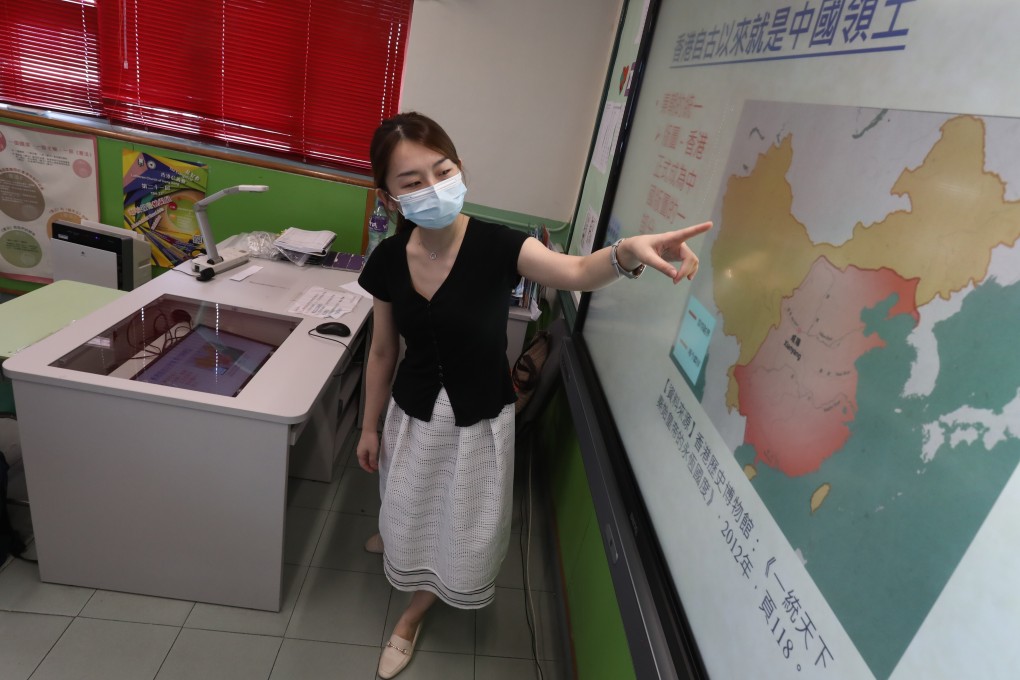Editorial | Teaching national security will put Hong Kong’s educators to the test
- Exactly how it will be taught remains to be seen. The nature of the subject raises concerns as to whether there is room for intellectual debate, and there are also practical questions such as the precise learning objectives and the benchmarks for assessment

If politics is to be kept out of the classroom, one may ask why the national security law has made it into the curriculum of Hong Kong schools and universities.
The new statute imposed by Beijing is so sweeping that it is bound to impact on education and other fields. The authorities are determined to institutionalise the concept of defending the nation’s well-being across society, in particular among the younger generation. The mission will continue to put educators to the test.
At least three universities have made national security education compulsory for students so far. Undergraduates admitted by Baptist University from September must undergo national security education in the form of seminars and talks as part of the graduation requirement.
Similarly, Polytechnic University mandates all first-year undergraduates to learn about legal issues related to the topic. Lingnan University is to include national security elements into its existing common core curriculum, which all students take, and hold talks and seminars on the country and Hong Kong’s development.

03:01
National security police raid university student union over support of man who stabbed officer
Exactly how it will be conducted remains to be seen. The nature of sovereignty and national security has raised concerns whether there is actually room for intellectual debate.
